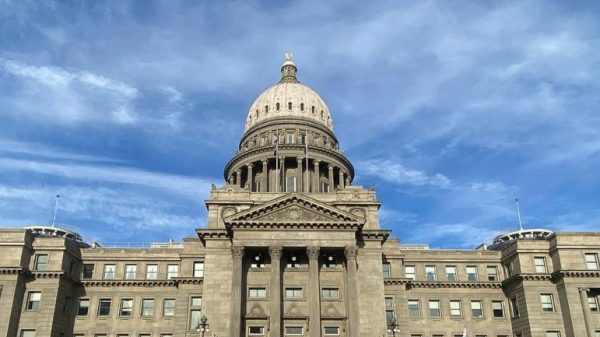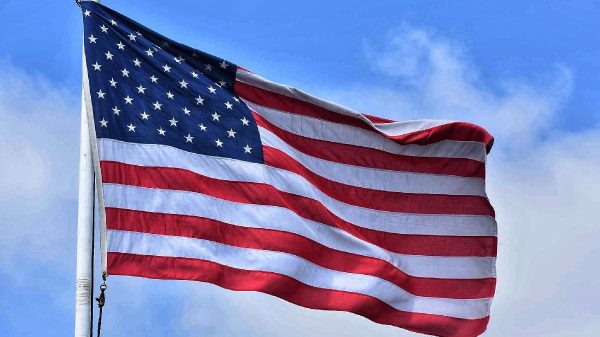(HISTORY.COM) – On May 26, 1924, President Calvin Coolidge signed into law the Immigration Act of 1924, the most stringent U.S. immigration policy up to that time in the nation’s history.
The new law—also known as the Johnson-Reed Immigration Act—reflected the desire of Americans to isolate themselves from the world after fighting World War I in Europe, which exacerbated growing fears of the spread of communist ideas. It also reflected the pervasiveness of racial discrimination in American society at the time. Many Americans saw the enormous influx of largely unskilled, uneducated immigrants during the early 1900s as causing unfair competition for jobs and land.
Under the new law, immigration remained open to those with a college education and/or special skills, but entry was denied disproportionately to Eastern and Southern Europeans and Japanese. At the same time, the legislation allowed for more immigration from Northern European nations such as Britain, Ireland and Scandinavian countries.
A quota was set that limited immigration to two percent of any given nation’s residents already in the U.S. as of 1890, a provision designed to maintain America’s largely Northern European racial composition. In 1927, the “two percent rule” was eliminated and a cap of 150,000 total immigrants annually was established.
The law particularly angered Japan, which in 1907 had forged with U.S. President Theodore Roosevelt a “Gentlemen’s Agreement,” which included more liberal immigration quotas for Japan. By 1924, strong U.S. agricultural and labor interests—particularly from California, which had already passed its own exclusionary laws against Japanese immigrants—favored the more restrictive legislation signed by Coolidge.
The Japanese government viewed the American law as an insult and protested by declaring May 26 a national day of humiliation in Japan. The law fanned anti-American sentiment in Japan, inspiring a Japanese citizen to commit suicide outside the American embassy in Tokyo in protest.
Despite becoming known for such isolationist legislation, Coolidge also established the Statue of Liberty as a national monument in 1924.


















































